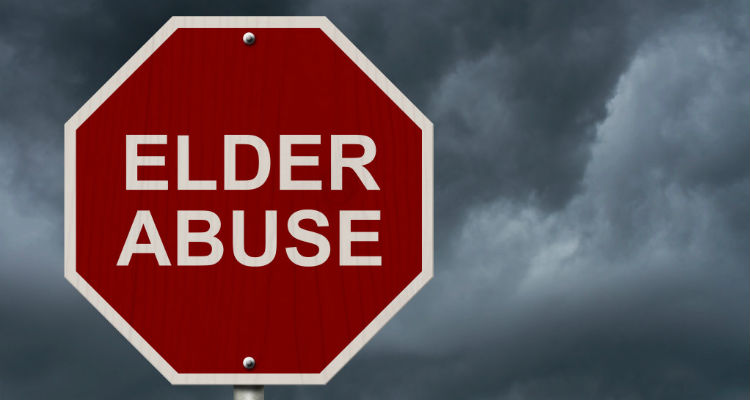
The BC Court of Appeal decision in Lorintt v. Boda upheld a lower court decision that held the presumption of resulting trust had been rebutted, and that the relationship between the donor father, and the donee son, did not give rise to the potential of undue influence. In resulting trust cases the principle that there is no free ride when someone pays for a property or asset fully and then places it in another person’s name such that unless the presumption is rebutted the person holds the property in trust for the person who paid for it.
REAL PROPERTY IN JOINT TENANCY
In this case an elderly father had place real property in joint tenancy with his son after discussions of initially wanting to put it in his son’s name alone. A few days later the father returned to the lawyer and wanted the property transferred back into his name alone, he was advised of the paperwork needed but this was not completed by the father.
Later the father developed dementia and a committee was appointed and then a “would be” executor took the father to a new lawyer for the purposes of cancelling the committeeship, to make a Will, and to sever the joint tenancy. A doctor saw the father at the time who said the father had the mental faculties to instruct for a Will but was unsure if he could manage his financial affairs. A new Will was created which cut out the son entirely and left the estate to the executor. The home remained in joint tenancy however until the father’s death when it then became 100% the son’s by the right of survivorship. The executor commenced court proceedings seeking to have the home solely belong to the estate alleging BC.
Did Father Freely Transfer the Property to His Son?
The BC law on the resulting trust issue as it relates to BC Elder Law Undue Influence turned on the father’s intentions at the time of the transfer in 2000. The Court of Appeal dismissed the claim by the estate concluding the father made the transfer of his own free will the benefit of detailed and proper legal advice.
[89] Mr. Porritt’s sworn evidence is that he explained to the father the options available to him. Those options included transferring the Property solely to the son, transferring the Property into joint tenancy to the benefit of both father and son, and the concept of having the son hold the Property in trust for the father. While the father initially was adamant that he wished to transfer the Property to the son solely, he abandoned this position in favour of a joint tenancy after Mr. Porritt explained the benefits of a transfer into joint tenancy. This suggests he understood the concept of joint tenancy and the benefits of such a transfer, preferring it to the alternatives, including the alternative of the son holding the Property in trust. He instructed Mr. Porritt to transfer the Property into joint tenancy.
[90] On the above mentioned factual foundation, the chambers judge found that the father had a donative intent. Such a conclusion was open to the judge on the evidence and the executor has not shown that finding to be clearly wrong or not reasonably supported by the evidence. Having determined, on a balance of probabilities, the father’s actual intention, the chambers judge did not need to consider the presumption of advancement, as the presumption will only determine the result where there is insufficient evidence to rebut it on a balance of probabilities.
[91] I would not accede to the first ground of appeal.
No BC Elder Law Undue Influence Existed
[92] Similarly, in regard to the second ground of appeal, there is no basis to interfere with the chambers judge’s findings that the relationship between the parties was not one which gave rise to the potential domination of one party by another. At the time of the transfer the father and son did not live together. While their relationship appears to have been amicable, they only saw one another periodically, in large part because of the distances between their respective homes. There is no evidence the father, at the time of the transfer, was dependent on the son. He lived independently and continued to do so for the next four years.
[93] The chambers judge’s alternative conclusion that the father’s decision to transfer the Property to the son was not as a result of any undue influence is also fully supported in the evidence. Mr. Porritt provided the father with a menu of options and it was the father who decided to transfer the property into joint tenancy. When the transfer took place there was no evidence of dementia or mental incompetence. Furthermore, Mr. Porritt’s evidence was that the father understood the transaction and was acting as a result of his own free and informed thought. I would not accede to this ground of appeal.
No Influence Exerted and Lawyer Provided Solid Advice
The fact the father was elderly when he made the transfer to a family member did not raise alarm bells for undue influence as the father lived alone, his son wasn’t present for the transfer discussions and lived at a distance and had limited contact with his father. As such the factors listed above that give rise to risks for undue influence were not present and the son retained the home entirely.
Our unfair wills and wills dispute lawyers are prepared to meet with you to discuss any concerns you have with gifts or wills bequests that raise the concern of BC Elder Law Undue Influence. Contact us today across BC at any one of our offices.








